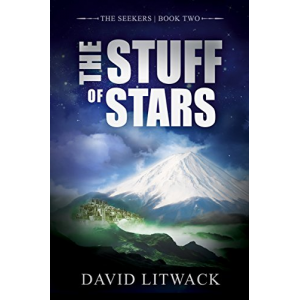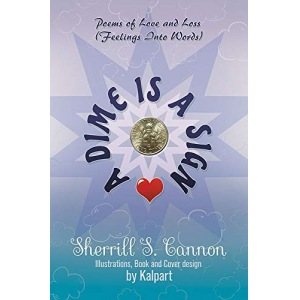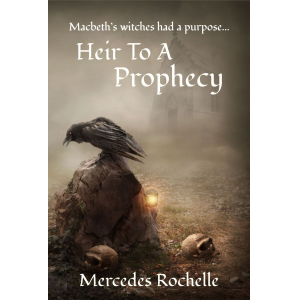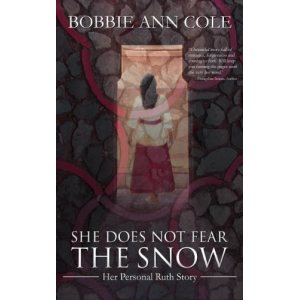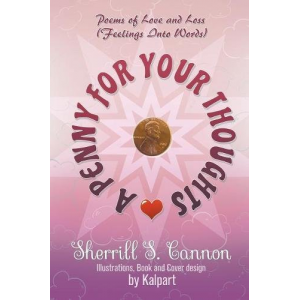- Author
- Book
- Story behind the book
- Media Links
- Reviews
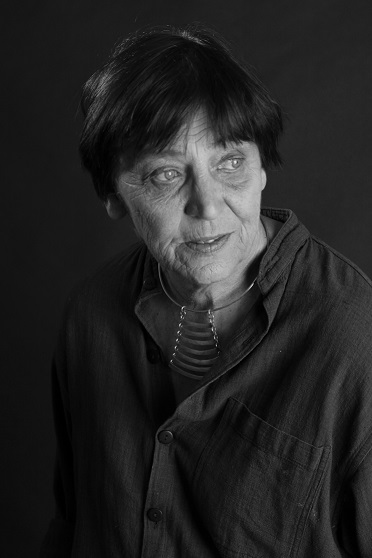
Philippa Rees
About
I was born in South Africa in 1941 and, looking back, realise my solitude (only child, single mother) was the root of all enrichment in other directions, necessarily spending school holidays on safaris with my beloved multilingual grandfather inspecting schools in the remote interior of Botswana, or later on horseback with a Austrian doctor attending mountain clinics in Lesotho. My galleon grandmother had known Cecil Rhodes, and Jan Smuts and was related to Elizabeth Barrett Browning and her family had had a significant role in the life (and death) of George Eliot’s stepsons. All this extravagant narrative washed over my head, and I believed none of it, until recently when the evidence of all of it came to light. I discovered that much too late. However independent minded women… and the virtues and necessity… of independence loomed large from an early age.
In early years I shuttled between rigid boarding schools trying to be Roedean and the wild freedom on Noel, my horse in Lesotho. Later consolation was to be found in literature, and two inspiring teachers, one English— The Metaphysical and Romantic poets, the other Theology and comparative religion.
At University after indecisively sampling five faculties( such a rich choice of culture, where did one begin?) I fell into Psychology and Zoology under both the seminal palaeontologist Raymond Dart and the ‘father of embryology’ B.I. Balinsky. Then marriage to a marine biologist/photographer involved deserted mangrove islands in Mozambique scouring mud flats for supper (lavish sea food, lobster, crab, and coconuts and cashews for an exiled ( (and bored) five star chef to turn into dinner- salary was a mattress and his helping) but starved for company. Then the sophistication of the Max Planck Institute with Konrad Lorenz in Bavaria, living in an 11th Century Mill with an unrepentant Nazi landlady (who, by then, should have been extinct but was alive and well and playing Schubert.) Then it was Florida (in love with an air-conditioner) until the experiences that led to Involution sent me into exile. En route I spent time waiting for a divorce in Yucatan where I met the girl commemorated in 'Shadow' I landed in Southampton with five pounds , two small children and an academic manuscript…
The academic underpinning of Involution was offered in lectures on Saints and Scientists at Bristol University, while building a home and an arts and concert hall for chamber music, raising four daughters, and living in Somerset, which continues. I have now short stories to attend to. They sit easier.
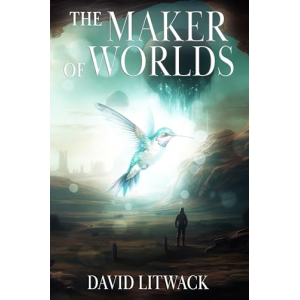
The Maker of Worlds
Description
<p style="padding:0px;margin:0px 0px 14px;color:rgb(15,17,17);font-family:'Amazon Ember', Arial, sans-serif;font-size:14px;"><span class="a-text-bold a-text-italic" style="font-weight:700;font-style:italic;">If you had the chance to remake the world, what kind of world would you choose?</span></p><p style="padding:0px;margin:-4px 0px 14px;color:rgb(15,17,17);font-family:'Amazon Ember', Arial, sans-serif;font-size:14px;"><span>When tragedy strikes Lucas Mack's young life, he desperately yearns to escape its sorrow, and takes an improbable leap through the mythical maelstrom. Rather than splashing down on the far side like his neighbors, he's transported to a magical realm where he has the power to redefine not only who he is, but the world in which he resides.</span></p><p style="padding:0px;margin:-4px 0px 14px;color:rgb(15,17,17);font-family:'Amazon Ember', Arial, sans-serif;font-size:14px;"><span>As he stumbles about trying to find his way, he meets Mia, an equally troubled fellow pilgrim. With the help of a mystical guide and an aging wizard, they navigate the enchanted land while learning to control their newfound powers. Yet this realm is more complex than they expected, with seasoned sorcerers who've been corrupted by the sinister side of magic.</span></p><p style="padding:0px;margin:-4px 0px 14px;color:rgb(15,17,17);font-family:'Amazon Ember', Arial, sans-serif;font-size:14px;"><span>Limited by natural law and seduced by magic's power, they are tested as never before. Will the gift of magic bring renewed hope or drive them to the edge of the void?</span></p>
Story Behind The Book
I met a girl on a beach in Yucatan in 1968, and as the sun was setting on the landscape and her life she told me why she was there. A story almost too much to bear. Years later after the birth of my youngest daughter I remembered that girl, and lived through her anew. Her story was too large for a short story or for less than poetic myth. It was the story of that mythical time. I have written it for her; to commemorate her courage and to remember what we all lost when the sun went down on the sixties. The characters that carry her through this book were missing then, and are all fictional. I came to love those that cared for her, as though they had.
Media Links
Reviews
<p>‘I was utterly awestruck by the writing skill and breadth of imaginative evocation.....poetic, elegiac...almost unbearably intense...sensuous imagery from both nature and modern urban living...musical, both rhythmic and assonant...sustained dramatic tension within a simple everyday story....the superficiality of the beauty salon is a very potent metaphor....’ Alison Jakes (Poetry Circle)</p> <p>As with a highly literary novel, this ambitious story makes demands upon its readers. As with most modern poetry it deserves to be read and re-read….. The story is a vehicle for some impressive poetry. It is highly emotional and transforms the ordinary protagonist into an archetypal figure of suffering motherhood. ‘Speech must now grow from silence and the stones that cockle the black backs Of women in pre-history, left alone with the consequence of men’ There is religious dimension too. Throughout there are subtle references to the Christian Nativity, and on another level it tells of Christ’s birth and Mary’s suffering in modern terms. It contrasts the cruelty of the girl’s Catholic mother, with the compassion of her Jewish landlady. There is implicit criticism of the hypocrisy of society as a whole….The poem has a social purpose. Katherine Knight (Real Writers)</p> <p>Philippa Rees is as an immediately distinctive and striking poet who writes with unfashionably – often brilliant – painterly verbal play and colour, oozing with a sensuous love of language. Rees’s almost tangible style dazzles with imagistic chiaroscuro; stark contrasts of light and shade, subtext and texture: This ripeness of verbiage and intrinsic musicality inevitably bring comparisons with Dylan Thomas (particularly the densely descriptive, rumble-tumble list- passages of Under Milk Wood): But this is not to detract from Rees’s individuality, which, throughout this book of poetic narrative interspersed with colourful dialogue, is palpable and often beguiling. She is prone to the lingering aphorism that is imaginatively her own— Lethargy, that toothless crone, skims perpetual indifference from the cream of richer care. …the drifting necklace of leaves that swung from the throat of shade For my part, I read A Shadow in Yucatán mainly for its poetry, its play with language, image and sound, rather than strictly trying to follow the actual narrative. Approaching this book with a sort of Negative Capability, I experienced it in terms of descriptive impression, verbal effect. In this respect, A Shadow in Yucatán is disarmingly beautiful (Alan Morrison, Editor The Recusant)</p> <p>The back blurb calls ‘A Shadow in Yucatán’ a ‘distilled novel’ and it is –a home brew, raw and omnipotent! Rees makes extraordinary the sorrowful ordinary of an unwanted pregnancy and the resulting difficult decisions. She celebrates the sense of community, despairs of family and counts on the generosity of strangers. She explores problems and finds solutions – hard through they are to take – in unexpected places Through it we enter a world as real as we are, but as foreign to us as a bad dream. This book is a must for any intelligent reader! (Independent Reviews)</p>

